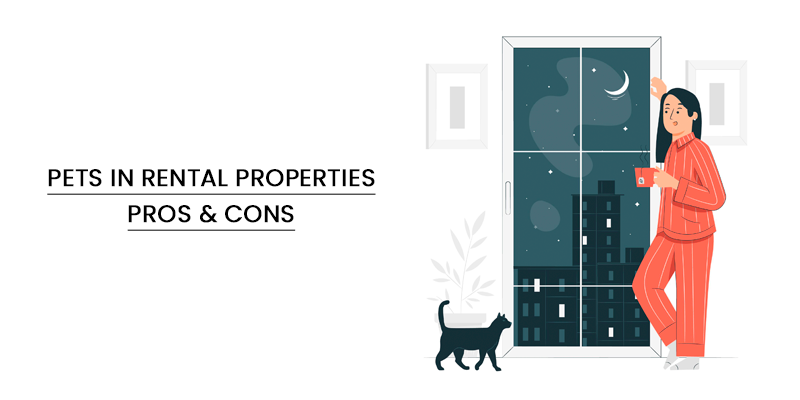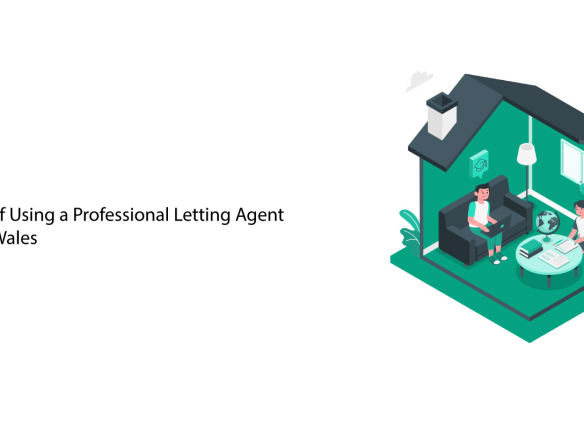Building upon our previous exploration of the Renting Homes (Wales) Act and its implications for pet ownership in rental properties, this post delves deeper into the advantages and challenges associated with pets in rental accommodations. Join us as we navigate this topic’s intricacies, offering landlords and tenants insights.
Benefits of pets in rental properties
- A dog can be an excellent burglar deterrent. Their acute senses of hearing and smell enable them to identify any unwelcome visitors and they will not hesitate to let your tenant or their neighbours know about it. As well as this, the possibility of physical threat is very often enough to deter burglars either from attempting break-ins in the first place, or continuing once they discover that their target is home to a dog. According to ex-burglars even a ‘Beware of the Dog’ sign can be enough to make them think twice.
- Being able to accommodate a request for a pet increases good feeling and respect between tenants and landlords. This can lead to better relationships and communication, making a more positive experience all round.
- If tenants are able to find a home where they and their pets are comfortable then they are more likely to stay for longer, providing stability and reducing the amount of tenant turnover you experience as a landlord.
- By embracing having pets in rental properties the possibility of renting to a pet owner you are making your property available to more tenants, thereby cutting down your chance of an empty (and unprofitable) property. Nearly half of potential renters have a pet, so you could be limiting your number of potential tenants by not renting to them. You are also reducing the possibility of a tenant ‘sneaking in’ a pet, causing conflict.
Drawbacks of pets in rental properties
- One drawback of having pets in rental properties is the possibility of smells lingering once the tenancy has ended. One way to avoid this before it happens is to do away with as much carpeted or heavily upholstered area as possible. Laminate or vinyl flooring is hard-wearing and less likely to harbour pet related odours. This can also cut down on the possibility having to deal with a flea infestation.
- No matter how well trained or behaved a pet is, there is a likelihood that accidents will still occur – whether a cat scratching furniture or shredding upholstery or a dog mistaking a table leg for a lamppost.
- Barking from dogs can be a problem in a residential setting, and dogs can whine if left alone during the day. This has, admittedly, been less of a problem during the pandemic when many people were working from home, but as normality resumes, many dogs are being left for the first time.
- Pets in your rental property can lead to an infestation of fleas, requiring costly treatment once a tenant has departed.
In Wales and Scotland at present there is no security deposit cap (as in England where it’s a maximum of five weeks). This enables landlords in Wales to take into consideration any possible damage repair or extra cleaning costs that might occur due to animals at the end of a tenancy. This could be reflected in a reasonable increase to the normal security deposit that you would ask for.
Need help?
At Morgan Jones we’ll handle any tricky situations with pets in rental properties for you. Get in touch today to find out how we can help you.








Join The Discussion